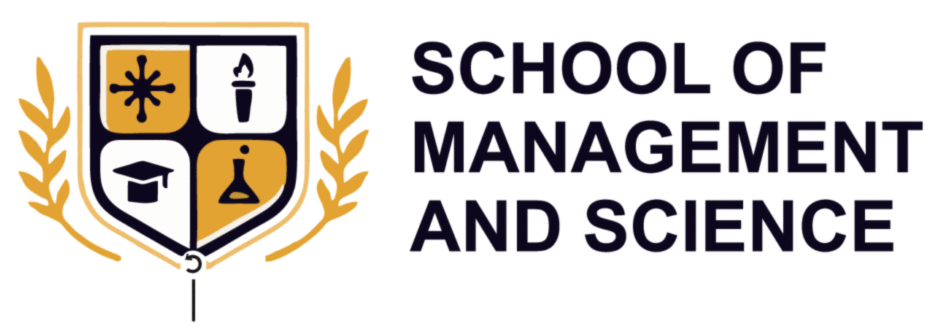BLIS(Bachelor of Library and Information Science)

About Course
Bachelor of Library and Information Science (BLIS) – An In-depth Overview
Duration: 1 Year | Eligibility: Bachelor’s degree with 45% Marks in any stream | Affiliation: As per University Norms
Introduction
The Bachelor of Library and Information Science (BLIS) is an undergraduate program that focuses on library science and information management. It is designed to equip students with the necessary skills to efficiently manage library resources and information systems. This program is essential for those who aspire to build a career in librarianship, information management, archiving, and related fields.
Importance of BLIS
With the vast expansion of information in the digital age, the role of libraries and information centers has significantly evolved. Librarians are no longer just custodians of books but are now information specialists who manage both physical and digital resources. The BLIS program addresses this shift by incorporating modern information technology (IT) skills alongside traditional library practices.
Curriculum Structure
The BLIS curriculum typically includes both theoretical and practical components, emphasizing information management, cataloging, classification, digital libraries, and library automation. Core subjects usually include:
Career Opportunities
Graduates of the BLIS program can pursue careers in various sectors, including:
Job Roles
Some common job roles after completing a BLIS degree are:
Skills Acquired
The program imparts a diverse set of skills, such as:
Technological Integration
Modern libraries are increasingly digital, requiring librarians to manage electronic resources, maintain digital catalogs, and develop user-friendly information retrieval systems. As such, the BLIS curriculum now frequently incorporates training in digital library systems, metadata management, and data curation.
Conclusion
The BLIS degree is a comprehensive program that prepares students for the dynamic field of library and information science. As the role of information professionals continues to evolve, this qualification remains crucial for those who wish to stay relevant and effective in the modern library landscape.
By integrating traditional library practices with modern digital competencies, BLIS graduates are well-equipped to meet the needs of contemporary information users and manage both physical and electronic information resources.
Course Content
Why Choose BLIS at Shyam’s?
Student Ratings & Reviews

